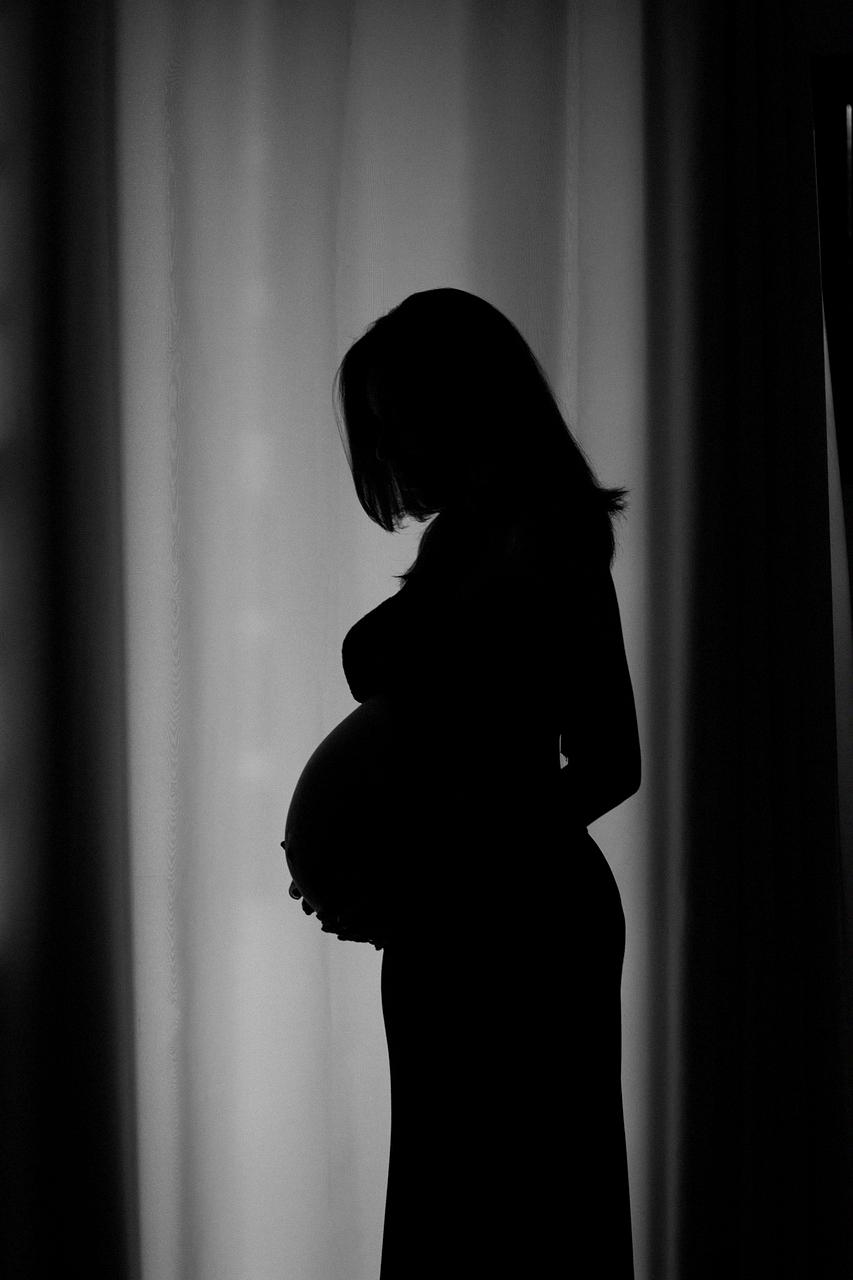Many women experience changes in their sleep patterns during early pregnancy, which can lead to trouble sleeping. While trouble sleeping alone may not be a definitive sign of pregnancy, it is a common symptom that many women experience in the early stages of gestation.
During early pregnancy, hormonal changes can disrupt your normal sleep patterns. The increase in progesterone levels can make you feel more tired during the day, but it can also lead to nighttime restlessness. This hormonal fluctuation can affect your ability to fall asleep and stay asleep, resulting in trouble sleeping.
In addition to hormonal changes, physical discomfort can also contribute to trouble sleeping in early pregnancy. As your body starts to adjust to the growing fetus, you may experience symptoms like nausea, breast tenderness, and frequent urination, all of which can disrupt your sleep and make it harder to get a good night’s rest.
Stress and anxiety are also common during early pregnancy, which can further exacerbate trouble sleeping. The overwhelming emotions and uncertainties that come with pregnancy can keep your mind racing at night, making it difficult to relax and fall asleep. Managing stress through relaxation techniques and mindfulness practices can help improve your sleep quality.
Changes in your daily routine and lifestyle habits can also impact your sleep during early pregnancy. Pregnancy can bring about dietary changes, increased fatigue, and physical discomfort, all of which can affect your sleep patterns. Establishing a bedtime routine, practicing good sleep hygiene, and creating a comfortable sleep environment can help promote better sleep.
If you are experiencing trouble sleeping during early pregnancy, it is important to talk to your healthcare provider. They can offer guidance on managing your symptoms and provide recommendations for improving your sleep quality. Seeking support from a healthcare professional can help address any underlying issues that may be contributing to your sleep problems.
While trouble sleeping can be a common symptom of early pregnancy, it is not a definitive indicator on its own. It is essential to consider other signs and symptoms of pregnancy, such as missed periods, nausea, and breast changes, along with trouble sleeping, to get a clearer picture of your potential pregnancy status.
Every woman’s experience with early pregnancy symptoms can vary, so it is essential to listen to your body and pay attention to any changes you may be experiencing. Keeping track of your symptoms and communicating with your healthcare provider can help you navigate the early stages of pregnancy and ensure you are receiving the necessary support and care.
In conclusion, trouble sleeping can be a common occurrence in early pregnancy due to hormonal changes, physical discomfort, stress, and lifestyle adjustments. While it may not be a definitive sign of pregnancy on its own, it is a symptom that many women experience during the early stages of gestation. Seeking support from healthcare providers and practicing good sleep hygiene can help improve your sleep quality and overall well-being during this critical time.

